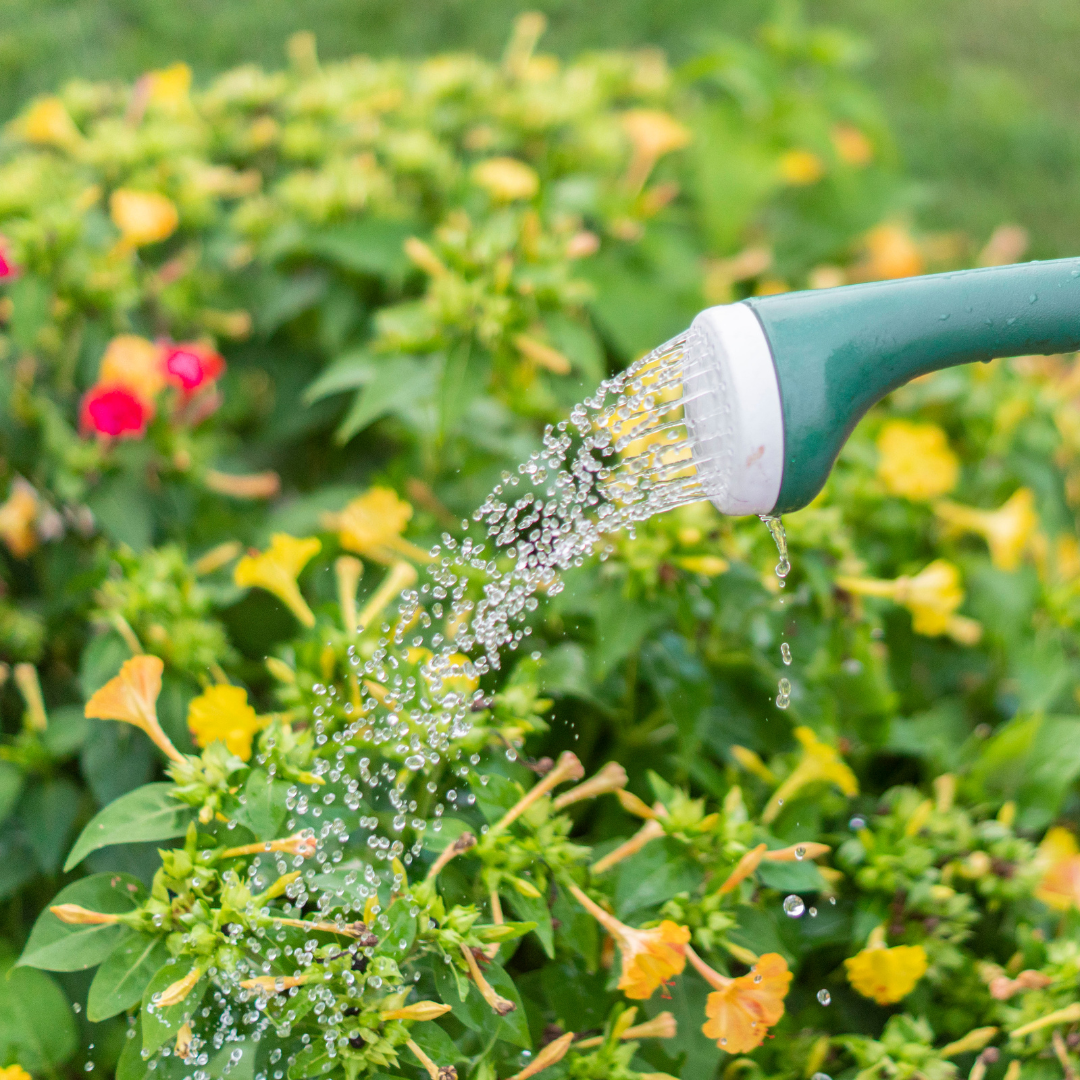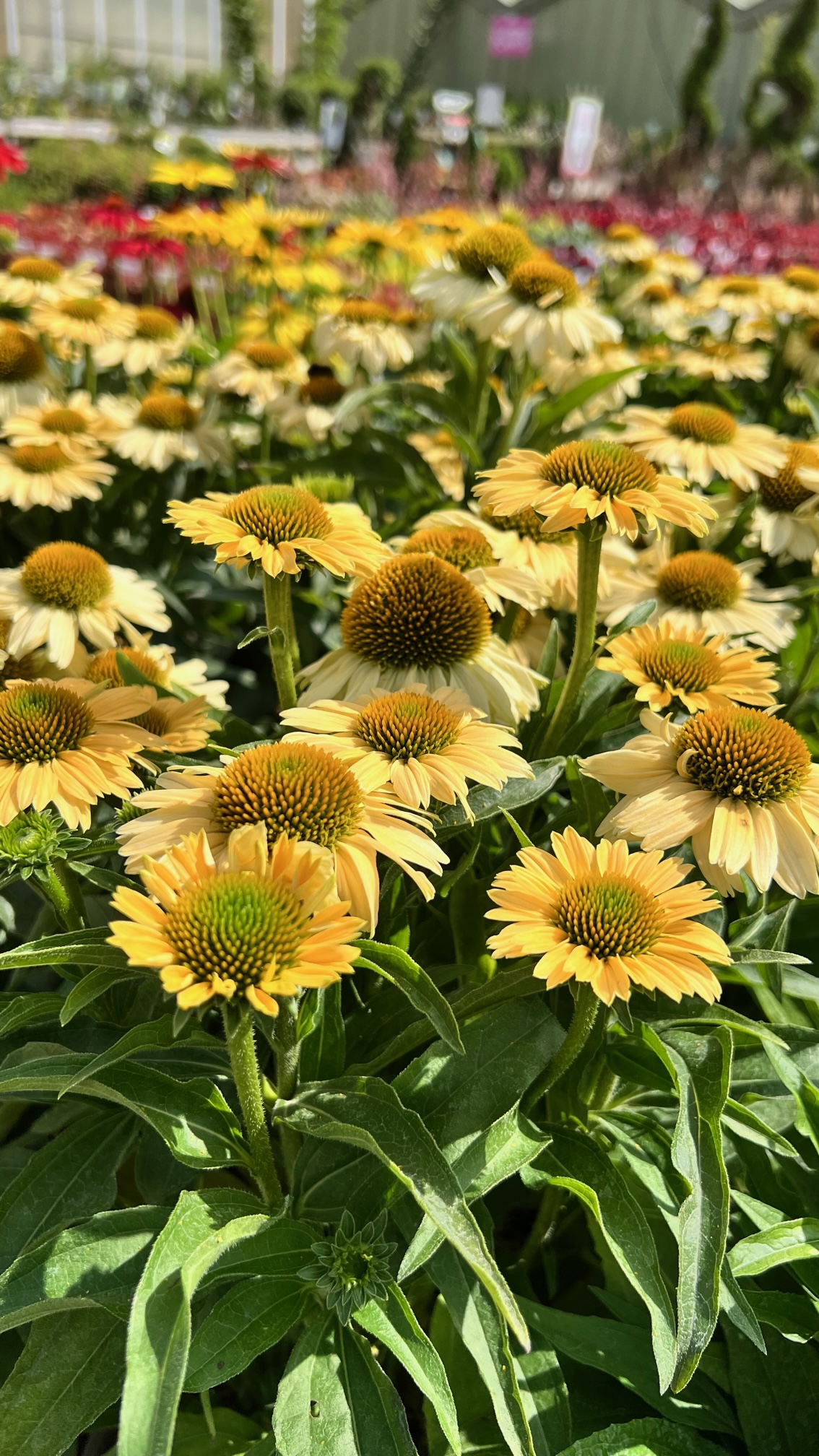Gardening Advice, News & Offers
Top Tips for Customers ahead of the Housepipe Ban
South East Water have announced a hosepipe ban for customers starting from 26th June, but are encouraging everyone to not use hosepipes until further notice.
South East Water have issued a statement around the ban, saying…
“The South East has experienced a prolonged period of dry weather, meaning we’re pumping much more drinking water to customer taps than normal.
This, coupled with the high temperatures experienced in recent weeks, has seen demand for treated water reach record levels.
Regrettably, over the last week, this has begun to impact customers across Kent and Sussex, who have experienced low pressure or no water, as stocks of drinking water have reduced to very low levels in local storage tanks.”
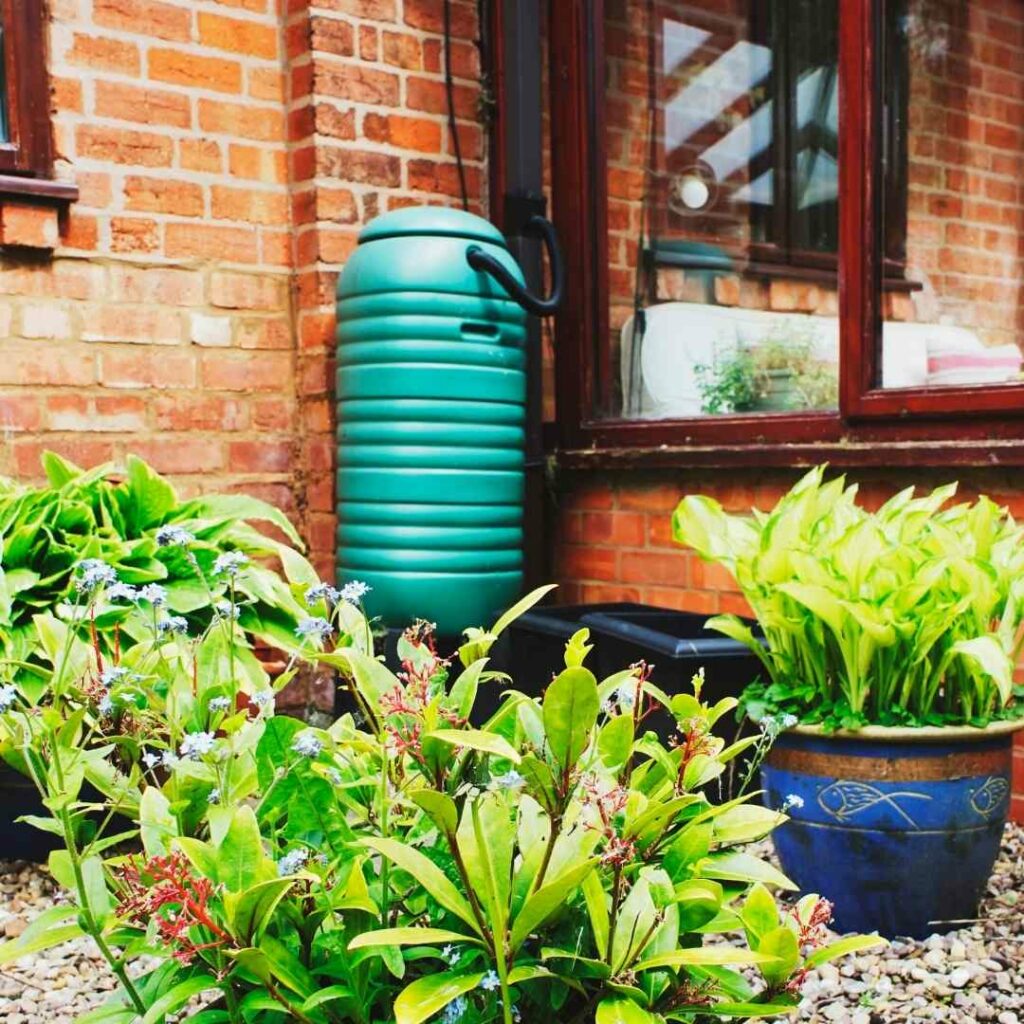
“Water butts are a great way to collect, recover and store large quantities of rainwater. If you’ve not got a water butt at home, it is worth investing in, as it is highly likely we’re only going to see more hosepipe bans in the future due to the hotter weather.
“Gel granules are excellent for water retention and a great way of reducing the frequency in which you have to water your plants and they are also extremely eco-friendly.
Polhill is not affected by the hosepipe ban itself, however, as with all previous bans, we will not water non-essential areas, such as by the restaurant gardens, in order to save water. We’re only looking to keep ‘essential’ planting areas watered, and, due to the hosepipe ban being announced, these will be watered less regularly.
We recommended using water butts, gel granules, bark or mulch, and drought-tolerant plants. As we know, there is a hosepipe ban coming and we’ve had lots of calls from customers concerned about what to do with their gardens. However, there are lots of things people can do to help their gardens during these hot summer weeks.
Using bark or mulch is good as it can help reduce the amount of water lost to evaporation by up to 75 per cent as it shades the soil from the hot sun. It also insulates the soil and keep the roots of the plants at a constant temperature.
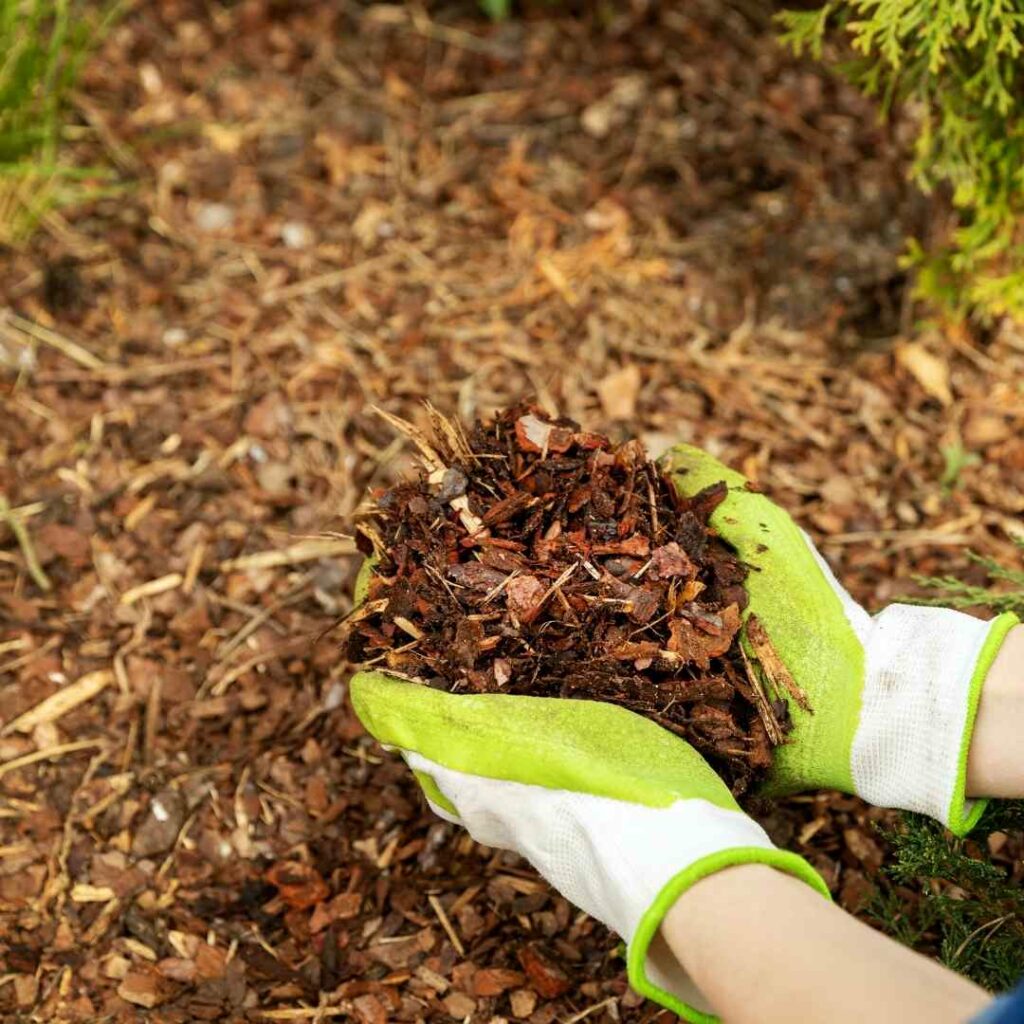
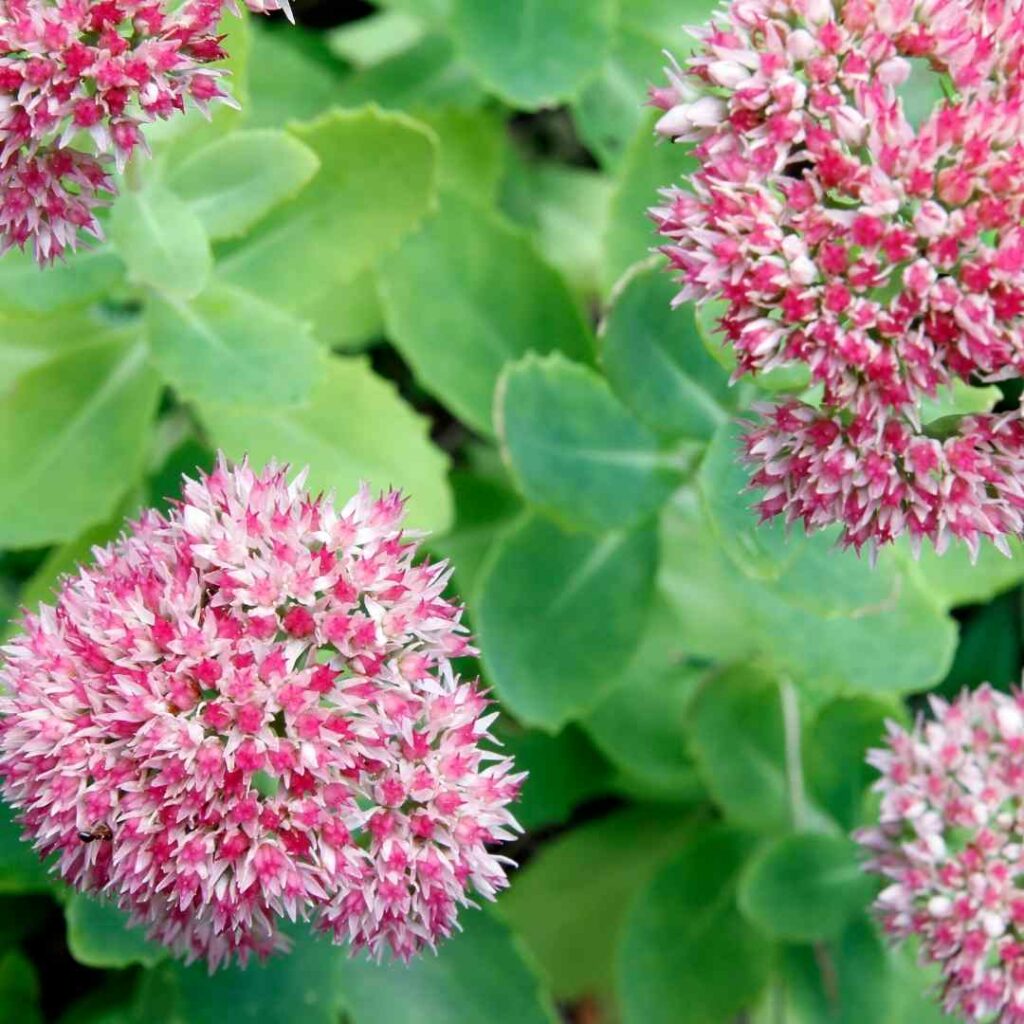
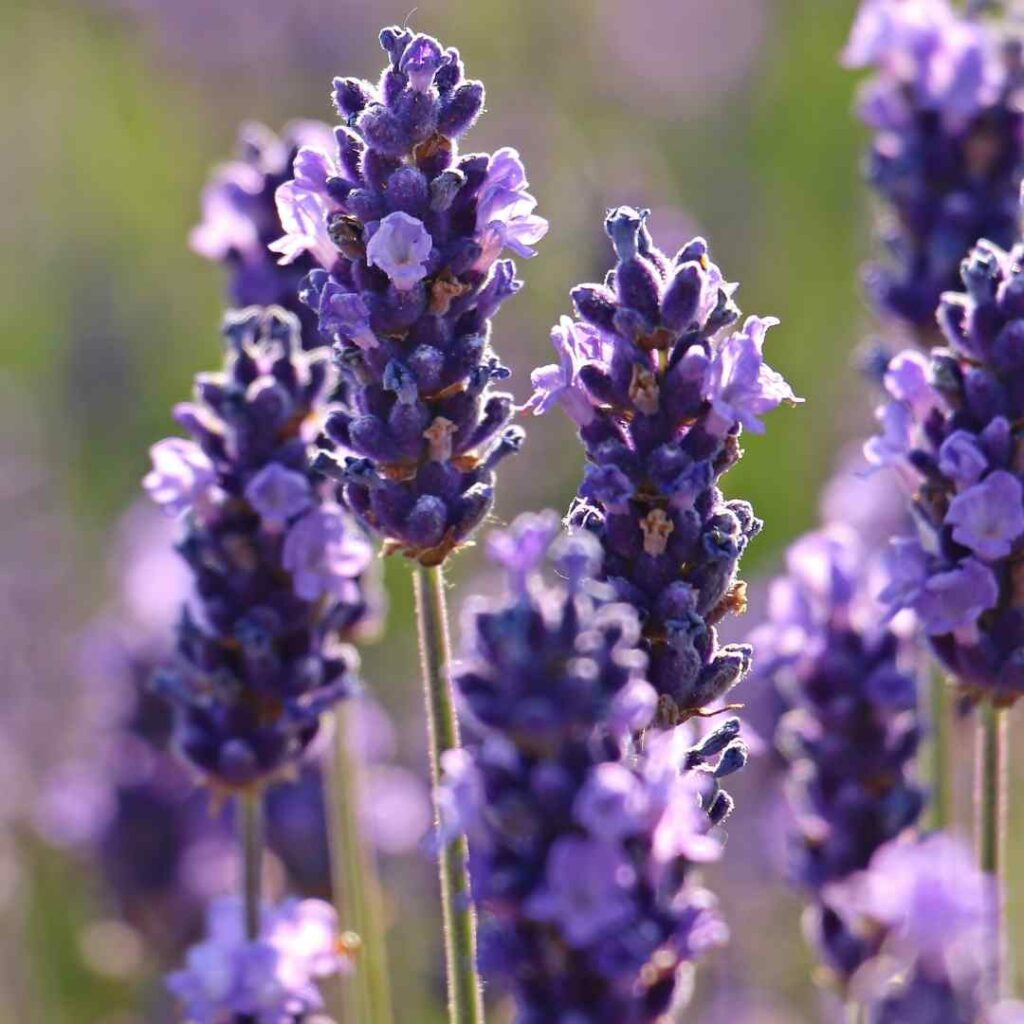
Drought-friendly plants are a good option for hot weather and south-facing gardens as they are more likely to thrive. Some examples of drought-friendly plants are:
- Cordyline Australis ‘Red Star’ (when planted in the ground)
- Hebe
- Lavender
- Euphorbia Ascot Rainbow (Perennial)
- Heuchera
- Geum
It is important during planting that you research what your new plants require if they grow well in partial shade or need access to sunlight as much as they can.
Josh says, “A good way to identify a drought-tolerant plant is the colour of its leaves, the majority have silver or grey-green as these light colours, as it reflects the harsh rays of the sun.”

